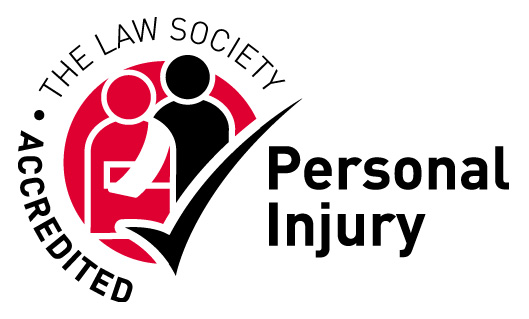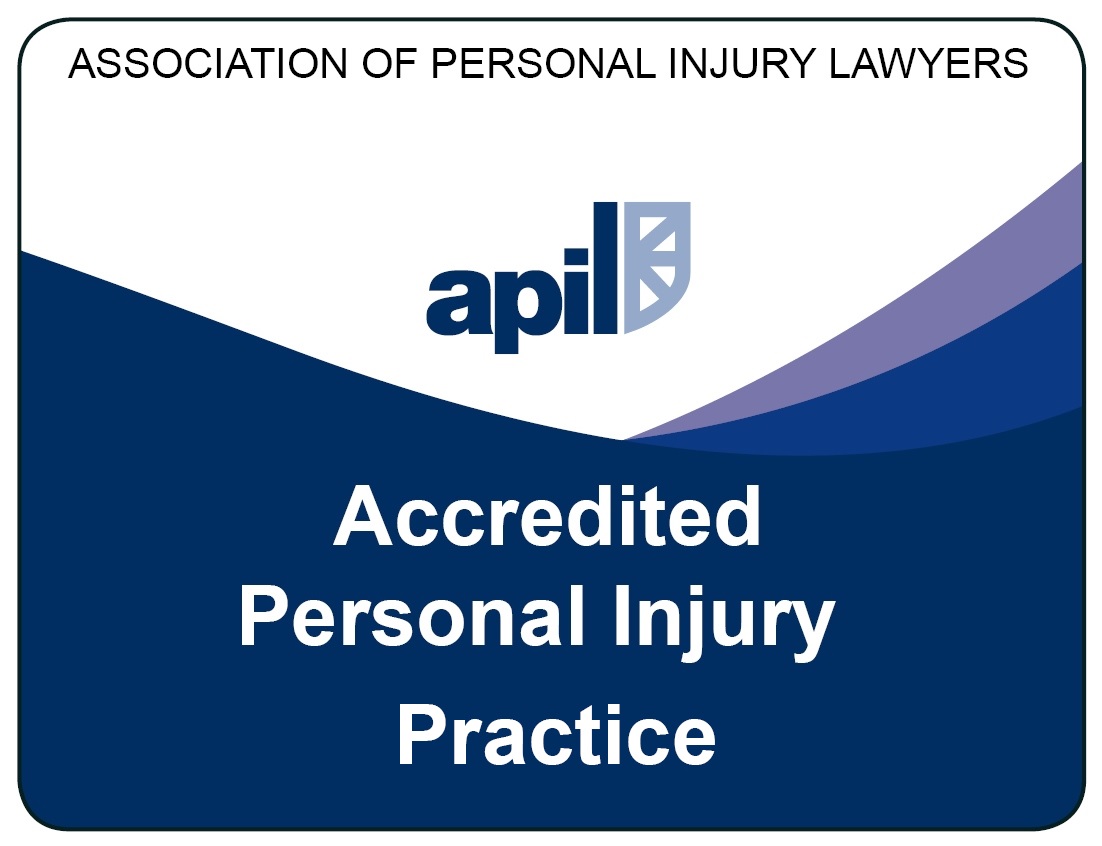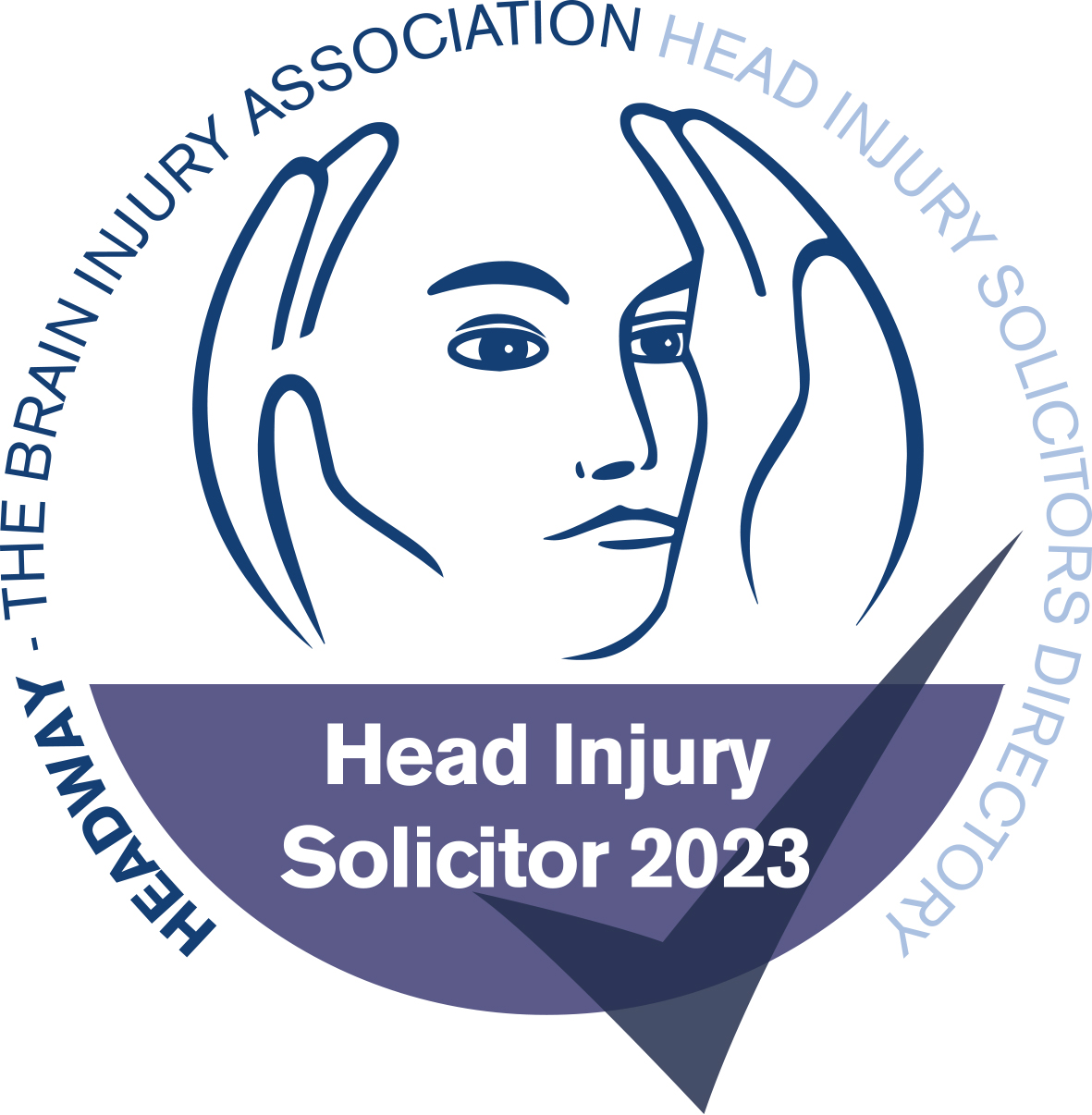



What Is Noise-induced Hearing Loss And How Can It Be Prevented?
Hearing loss is widely considered an inevitable part of getting older. While age-related hearing loss is the leading cause of deafness, for some people, deafness isn’t something they experience because they have reached ‘a certain age’.
Sometimes, hearing loss is caused by long-lasting or sudden exposure to high volumes of noise and is entirely unrelated to age. This type of hearing loss, Noise-induced Hearing Loss (NIHL) is the second most common kind of deafness in the UK. Instant hearing damage is sometimes caused by a single instance of exposure to extreme volumes, but usually, NIHL occurs gradually after exposure to noise over a prolonged period of time. An estimated 18,000 people suffer from Noise-induced Hearing Loss, and in many of these cases, the condition could have been prevented.
Symptoms of noise-induced hearing loss
Not only do sufferers of NIHL experience a loss of hearing, they might also suffer from pain in the ear or tinnitus (a ringing, roaring or buzzing in the ear). There are also a number of secondary effects of the condition, including stress, anxiety, sleep deprivation and feelings of isolation resulting in depression.
Causes of noise-induced hearing loss
Occupational noise
No matter what our profession, we are all exposed to some level of noise at work. Even low levels of sound can affect health and wellbeing in the workplace, distracting people from tasks and causing annoyance and stress.
However, employees in manufacturing, transportation, agriculture, the military and the entertainment industry work in particularly noisy environments. It is these people who are most at risk of developing occupational noise-induced hearing loss, sometimes known as industrial deafness. Companies within these sectors have a legal responsibility to protect the hearing of their workers.
Recreational noise
In recent years, there have also been concerns that growing numbers of people, particularly young people, are suffering from recreational noise-induced hearing loss.
Not only are we exposed to large amounts of environmental noise from sources like traffic and planes nowadays, but we also experience considerable noise levels in recreational settings like pubs, nightclubs, fitness classes, cinemas and live sporting events. What’s more, in our homes, cars and on the move, we often listen to music or watch television at high volume.
Preventing noise-induced hearing loss
Over time, loud noises can take a toll on the delicate structures of our ears, damage our hearing and, in some instances, lead to permanent hearing loss. It is important that we are mindful of the risks we might be exposing ourselves to in our everyday lives and take steps to protect our hearing.
Employer responsibilities
The Control of Noise at Work Regulations 2005 (the ‘Noise Regulations’) were introduced to ensure that the hearing of individuals is protected from excessive noise in the workplace. Employers are now legally obliged to eliminate or reduce risks to health and safety from noise at work.
The Noise Regulations state that workers who are exposed to an average of 80 decibels must be given information and training. When noise levels reach 85 decibels, hearing protection such as ear defenders of earmuffs must be provided by employers and instructions given on how this equipment should be used.
There are a variety of other ways employers can safeguard the hearing of their staff, including improving working techniques to reduce noise levels and limiting the time people spend working in noisy areas. More information can be found on the Health and Safety Executive (HSE) website.
If your employer has failed in their duties and you are experiencing hearing difficulties as a result, you can hold them to account by making an occupational deafness claim.
Individual responsibilities
Away from the workplace, there are a number of things we can do ourselves to safeguard our hearing:
- Wear earplugs if you know you going to be exposed to significant levels of noise. Whether you’re going to a concert, watching a fireworks display or mowing the lawn, wearing earplugs can help to protect the ear by lowering sound levels by 15-30 decibels.
- Turn your music down. The in-ear headphones used by many of us to listen to music mean that loud music is put right next to the eardrum. To look after your hearing, pay attention to how loud your music is and reduce the volume to a safer level.
- Educate yourself about which noises can cause damage. Long exposure to sounds over 80 decibels (equivalent to the noise produced by a food blender or an alarm clock) can harm your hearing.
- Be wary of your environment. Avoid or wear ear protection near noise hazards, such as building sites or busy roads.
Making an occupational deafness claim with Jefferies
At Jefferies, our personal injury lawyers have over two decades of experience dealing with industrial disease claims, including occupational deafness claims. If you work or have worked in a noisy environment and are struggling with your hearing as a result of the negligence of your employer, you could be suffering from occupational deafness. Get in touch with our experts today online or call 0800 342 3206 to discuss your potential claim in confidence.
Published on 16th May 2017.





